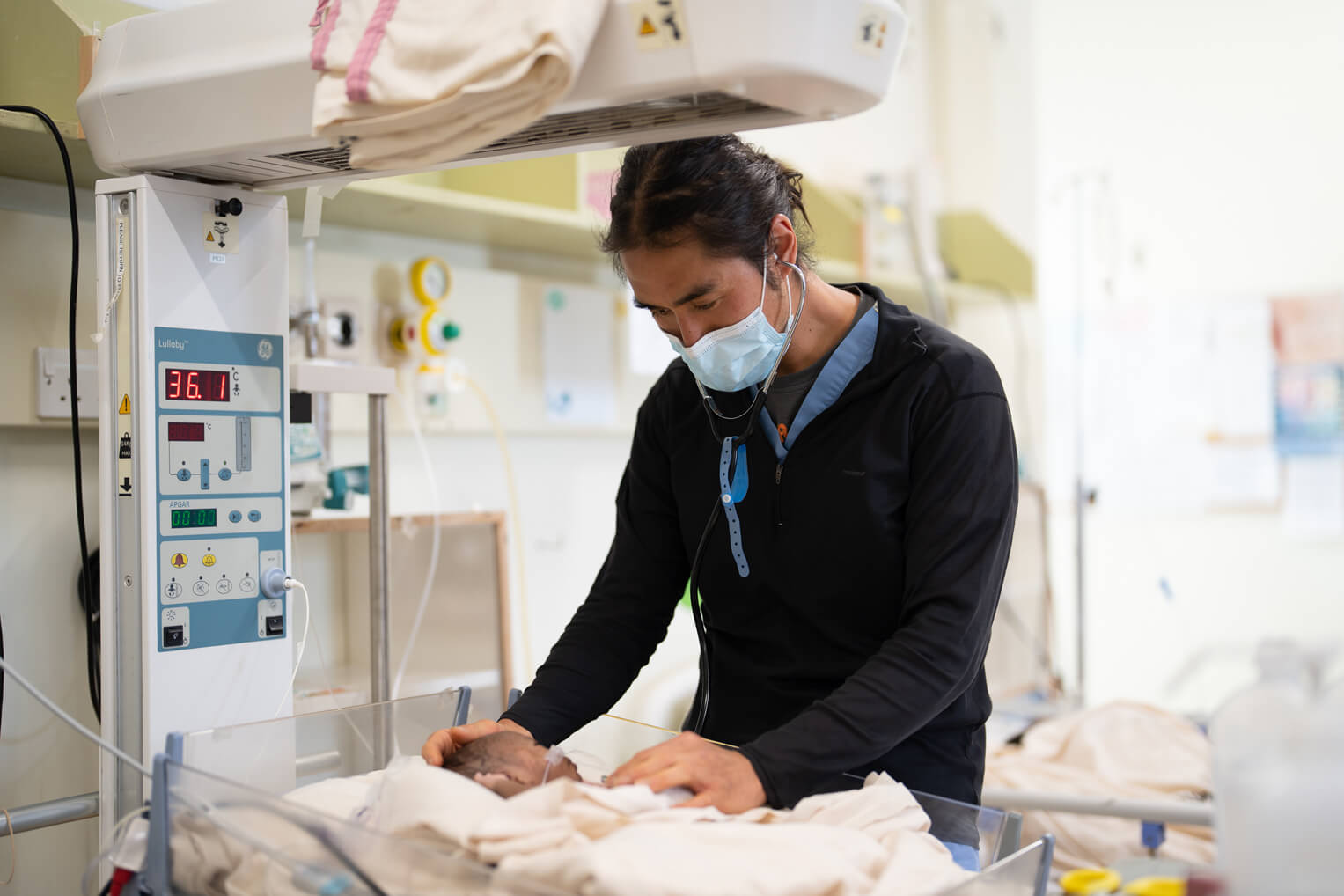
Christian hospitals have a rich history and continue to play a vital role in healthcare today. These institutions often blend medical care with spiritual support, creating a unique environment for patients. But what makes them stand out? Christian hospitals are known for their compassionate care, often driven by a mission to serve the underserved. They frequently offer services regardless of a patient's ability to pay, embodying the principles of charity and love. From their historical roots to modern-day practices, these hospitals have evolved but stayed true to their core values. Ready to learn more? Here are 17 intriguing facts about Christian hospitals.
The Origins of Christian Hospitals
Christian hospitals have a rich history rooted in faith and compassion. These institutions have evolved over centuries, providing care and comfort to countless individuals.
- The first Christian hospital was established in 369 AD by St. Basil the Great in Cappadocia, modern-day Turkey. It was called the Basiliad and served as a model for future hospitals.
- Early Christian hospitals were often attached to monasteries, where monks and nuns provided medical care to the sick and poor.
- The concept of a hospital as a place for medical treatment and care for the sick was significantly influenced by Christian teachings on charity and compassion.
The Spread of Christian Hospitals
As Christianity spread, so did the establishment of hospitals. These institutions became integral to communities worldwide.
- During the Middle Ages, Christian hospitals spread throughout Europe, often founded by religious orders such as the Benedictines and the Knights Hospitaller.
- The Crusades played a role in the spread of Christian hospitals, as returning crusaders brought back knowledge and practices from the East.
- In the 16th century, the Reformation led to the closure of many monastic hospitals, but new hospitals were founded by Protestant groups.
Modern Christian Hospitals
Today, Christian hospitals continue to play a vital role in healthcare, often emphasizing holistic care and community service.
- Many modern Christian hospitals are affiliated with specific denominations, such as Catholic, Baptist, or Methodist.
- Christian hospitals often integrate spiritual care into their medical services, offering chaplaincy programs and pastoral care.
- Some of the largest and most well-known hospital systems in the world, such as the Mayo Clinic and the Cleveland Clinic, have Christian roots.
Contributions to Medical Advancements
Christian hospitals have made significant contributions to medical science and patient care over the years.
- The Sisters of Charity, a Catholic religious order, founded the first hospital in the United States, St. Joseph's Hospital in Emmitsburg, Maryland, in 1823.
- Christian hospitals have been pioneers in nursing education, with Florence Nightingale, a devout Christian, founding the first secular nursing school at St. Thomas' Hospital in London.
- Many Christian hospitals have been at the forefront of medical research, contributing to advancements in fields such as cardiology, oncology, and neurology.
Community and Global Impact
Christian hospitals often extend their mission beyond their immediate communities, providing aid and medical care worldwide.
- Missionary hospitals, established by Christian missionaries, have brought healthcare to remote and underserved areas around the globe.
- Organizations like Doctors Without Borders and the Red Cross have Christian origins and continue to provide medical care in crisis situations.
- Christian hospitals frequently engage in community outreach programs, offering free clinics, health education, and support services to those in need.
Ethical and Moral Considerations
Christian hospitals operate under ethical guidelines influenced by their religious beliefs, impacting their policies and practices.
- Many Christian hospitals adhere to ethical principles based on the teachings of their faith, such as the sanctity of life and the importance of compassionate care.
- These hospitals often have policies regarding end-of-life care, reproductive health, and other sensitive issues that reflect their religious values.
The Heart of Christian Hospitals
Christian hospitals have a rich history rooted in compassion and service. These institutions have been pivotal in providing healthcare to underserved communities. They often go beyond medical care, offering spiritual support and holistic healing. Many of these hospitals are funded by donations and run by dedicated staff who see their work as a calling. Their commitment to treating everyone with dignity and respect sets them apart.
From pioneering medical advancements to offering free or low-cost services, Christian hospitals continue to make a significant impact. They embody the principles of love, care, and community, making them a beacon of hope for many. Whether you're seeking medical treatment or looking to support a worthy cause, these hospitals offer a unique blend of professional care and heartfelt compassion. Their legacy of service and dedication remains a vital part of the healthcare landscape.
Was this page helpful?
Our commitment to delivering trustworthy and engaging content is at the heart of what we do. Each fact on our site is contributed by real users like you, bringing a wealth of diverse insights and information. To ensure the highest standards of accuracy and reliability, our dedicated editors meticulously review each submission. This process guarantees that the facts we share are not only fascinating but also credible. Trust in our commitment to quality and authenticity as you explore and learn with us.


